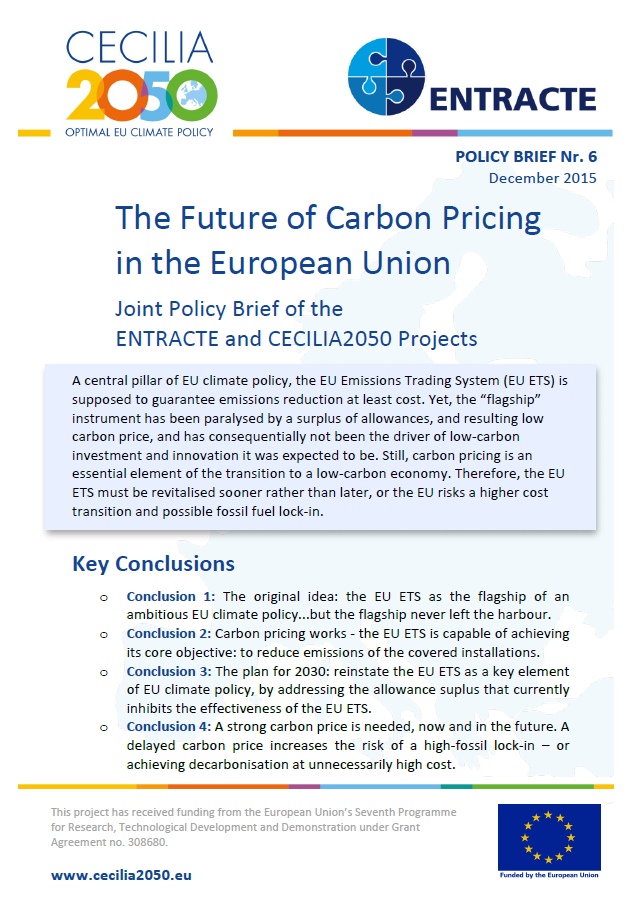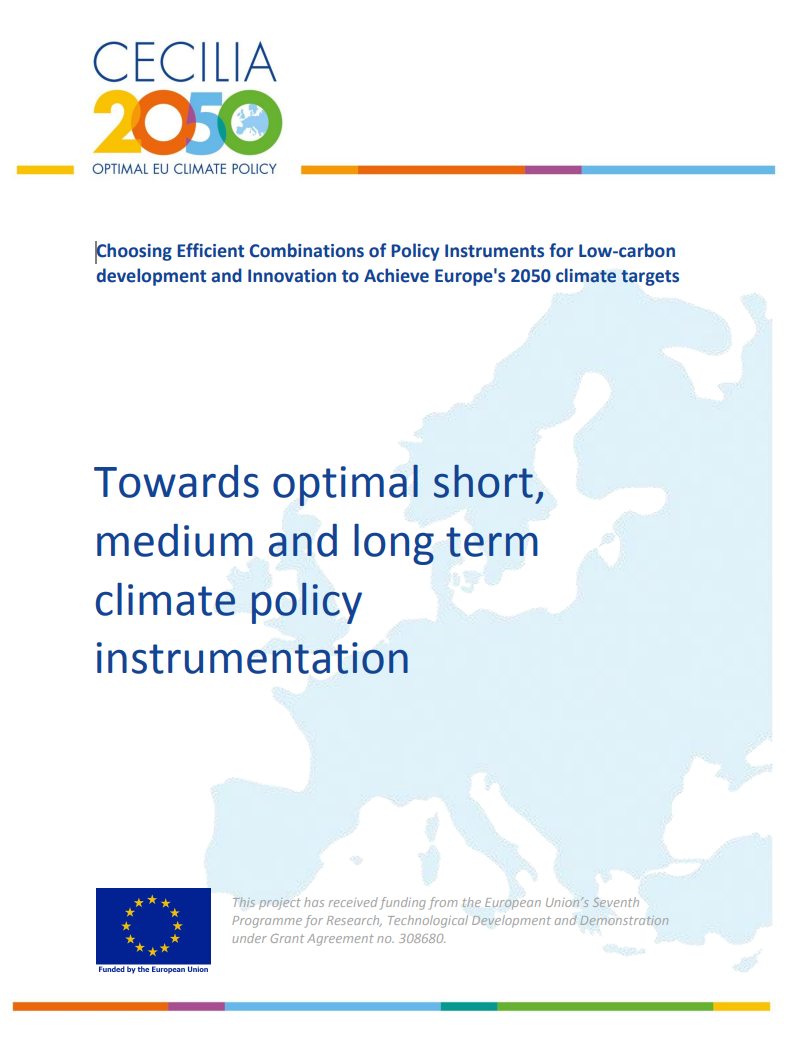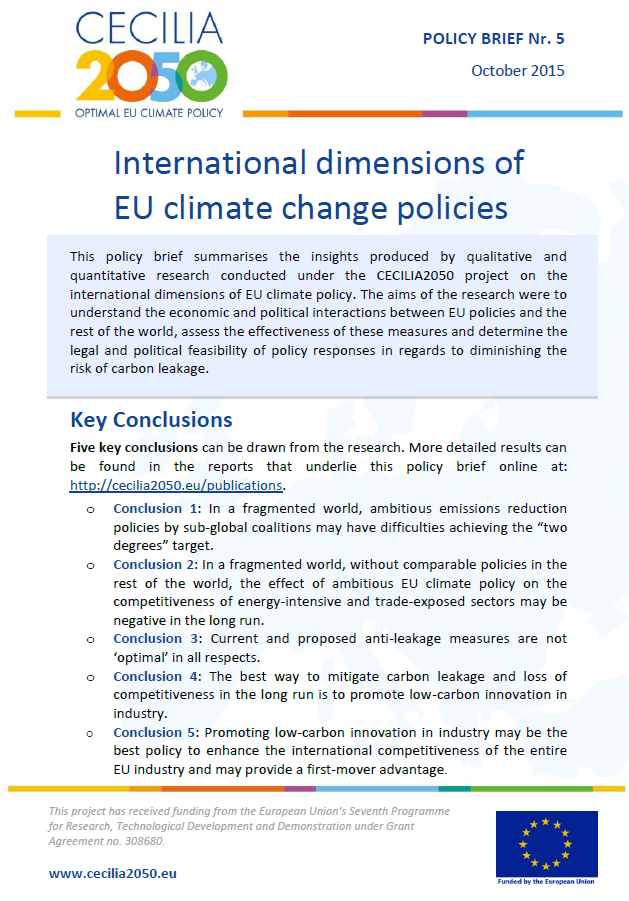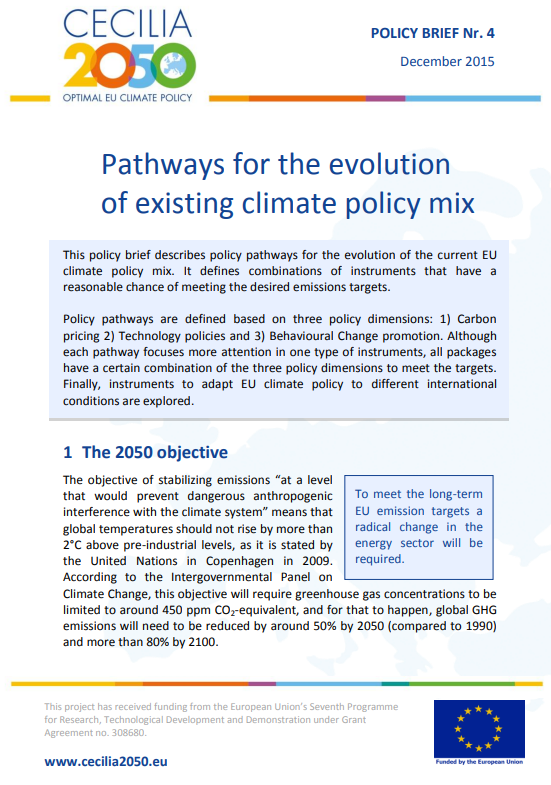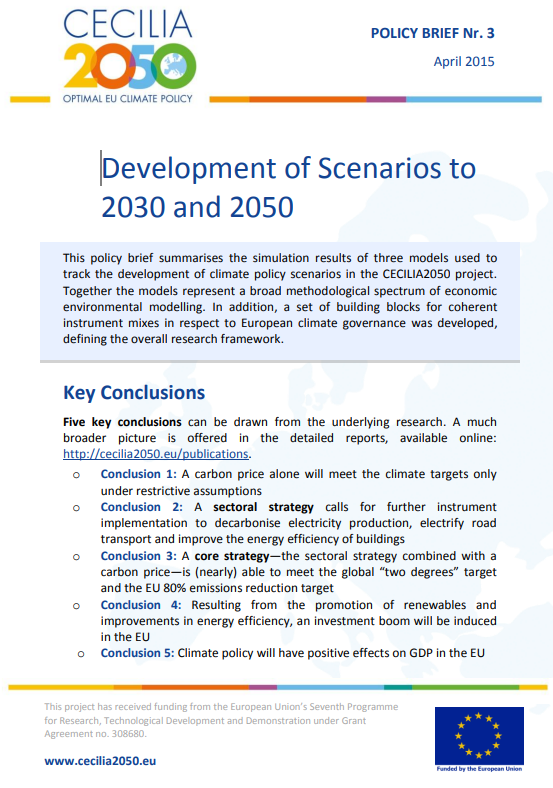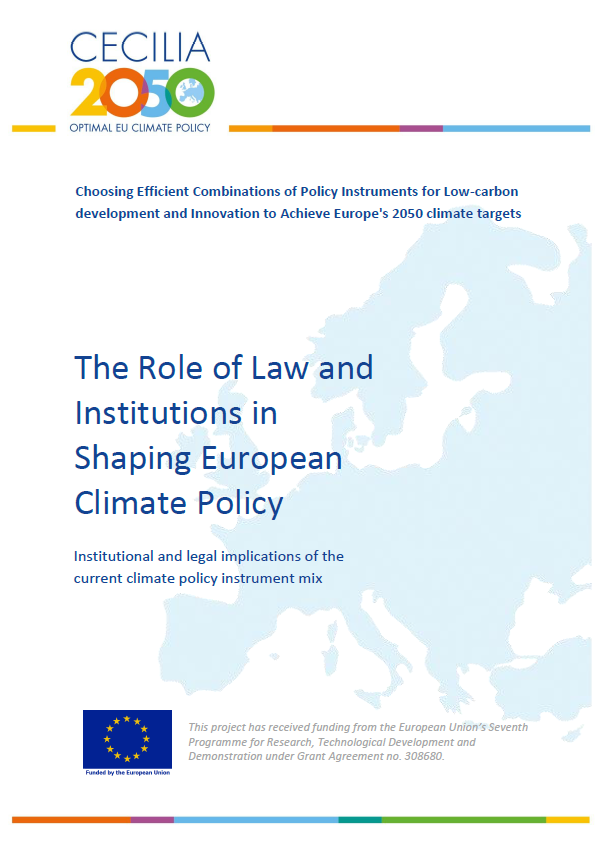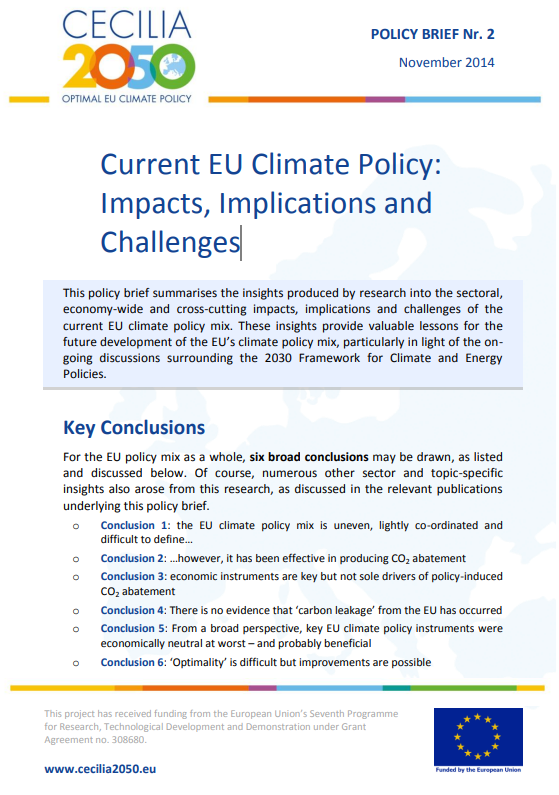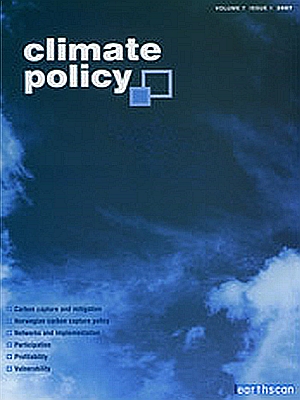The EU has stated its commitment to transitioning into a post-carbon society. Though the goal of living in a post-carbon society is clear, the road to get there is not so easy. How can we build the EU of the future while overcoming technological, political, societal, economic and behavioural challenges? The Research for a Post-Carbon Future conference on 17 September 2014 explored ways to transform these challenges into opportunities and help propel the EU towards a more sustainable future.
Highlighting state-of-the-art transdisciplinary and participatory research methods, the conference and discussions generated several key outcomes, as follows.
1. A changing society requires tectonic realignments: Rapid changes in demographics, technology, and consumption pose new risks of shocks and present new opportunities for transformation. One consequence is that people demand a new type of collaborative science, with co-interpretation of research results among scientists and other stakeholders.
But given the demographics trajectory, it is clear that a new economic model focussing on well-being will be necessary to reach a truly post-carbon future. "What is the welfare or well-being model of tomorrow?" keynote speaker Dr. Harry Lehmann asked. "The existing economic model cannot work."
2. Decision making must consider more than models and economic analysis: By its very nature, scientific research is a back-tested process and, therefore, not a reliable tool for predicting the future. Politics and values in society can change, and so long-term targets may need to also be flexible.
Finally, energy transition successes have been driven not by national governments (and their evidence), but instead by behavioural and social forces. Dr. Grit Martinez, Ecologic Institute, supported this with her remark, "transition is only possible if it is embedded in a specific cultural setting and comes from the society."
The Research for a Post-Carbon Future conference highlighted the work of Ecologic Institute, peers, and partners by discussing research from three separate European Commission-funded projects investigating the European energy transformation, "Transition towards Low-Carbon Energy Security" (MILESECURE 2050), Post-Carbon Cities in Europe: A Long-Term Outlook (POCACITO) and Combining Policy Instruments to Achieve Europe's 2050 Climate Targets (CECILIA 2050).
This day also marked the beginning of Ecologic Institute’s celebration of its 20th year as an organization. The conference was followed by a reception marking the occasion.
The conference summary is available for download.




